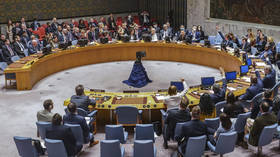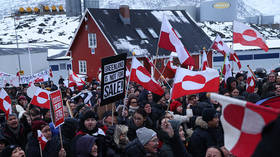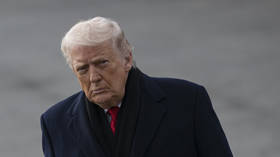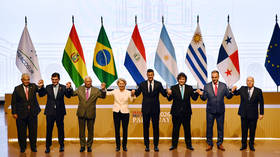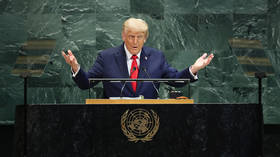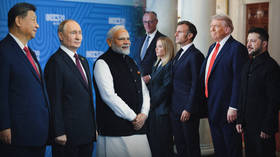Arch enemies vie for Brazil’s top job
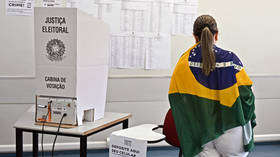
Brazilians are casting their ballots to decide who will lead the country for the next four years, in what is described by the media as an increasingly bitter race.
Vying for the top job in South America’s powerhouse are 11 candidates. However, only two of them enjoy considerable support and are regarded as frontrunners: 67-year-old Jair Bolsonaro, who is seeking a second term, and 76-year-old Luiz Inacio Lula da Silva, who served as president from 2003 to 2010.
As voting is mandatory in Brazil, more than 156 million citizens are expected to participate.
According to two surveys released on Saturday by some of Brazil’s most established pollsters, left-winger Lula da Silva is projected to receive over 50% of the vote, meaning he could win in the first round. If there is no clear winner, a second round will be held on October 30.
Lula da Silva, who represents Brazil’s Workers’ Party, told reporters on Sunday he can “only be optimistic” as “there is very little to go to reach 50% plus one vote.”
In the run-up to Sunday’s vote, the two main contenders exchanged insults, with Bolsonaro calling his opponent an “ex-inmate” and “traitor” – a reference to Lula da Silva’s imprisonment in 2018 on corruption convictions, which were later thrown out. Lula da Silva called the incumbent president a “liar.”
A former army captain who went on to spend nearly three decades in Congress, Bolsonaro has already warned that he will contest the results if he loses, calling into question the reliability of Brazil’s electronic voting system, which he says is susceptible to fraud – which the country’s electoral authority vehemently denies.
Lula da Silva has focused his campaign on overcoming social inequality and alleviating poverty. Among the measures he proposes are raising taxes on the rich, widening the social safety net, and increasing the minimum wage.
Bolsonaro’s campaign slogan has been ‘God, family, homeland, and liberty’. His vision of Brazil’s future includes privatizing the country’s state-owned oil company, opening the Amazon region to more mining, and easing gun regulations.
